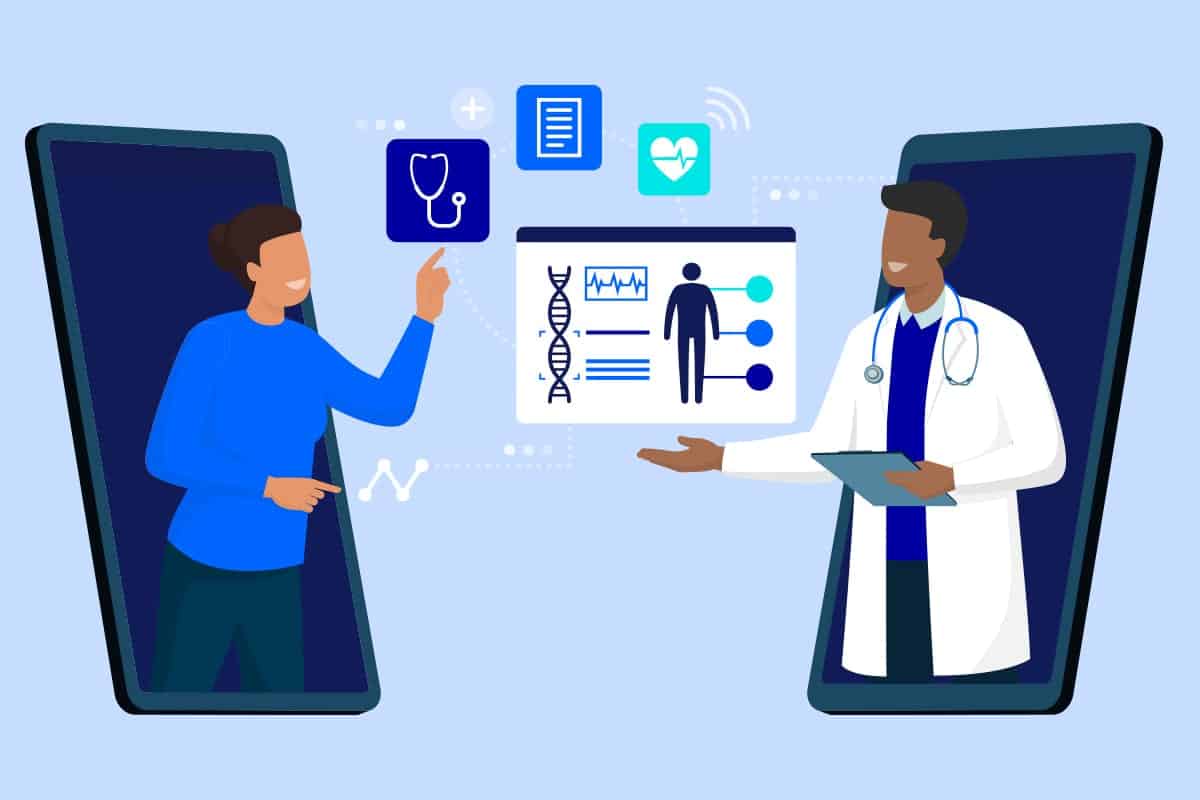In the fast-paced digital age, technology has woven itself into the very fabric of our lives. From smartphones and fitness trackers to telemedicine and health apps, technology's influence on our health is undeniable. While it has revolutionized healthcare in numerous ways, there's a need to strike a balance between the benefits and potential drawbacks. In this article, we'll explore the impact of technology on health and how we can harness it for our well-being.
The Upsides of Health Tech
-
Access to Information: The internet serves as an information treasure trove. People can educate themselves about health conditions, symptoms, and treatments, empowering them to make informed decisions about their well-being.
-
Telemedicine: Virtual doctor visits have become a lifeline, especially during the COVID-19 pandemic. They offer convenience, accessibility, and reduce the need for unnecessary in-person visits.
-
Health Tracking: Wearable devices and smartphone apps can monitor everything from heart rate and sleep patterns to calorie intake. They help individuals take charge of their health, fostering preventive care.
-
Personalized Health: AI-powered algorithms can analyze health data to provide personalized recommendations, whether it's suggesting healthier meal options or reminding you to take medication.
-
Mental Health Support: Mental health apps provide resources for managing stress, anxiety, and depression. They offer coping strategies and connect users with professionals when needed.
Challenges and Concerns
-
Digital Overload: The constant stream of notifications and screen time can lead to digital overload, causing stress and sleep disturbances.
-
Privacy: Sharing health data online can raise concerns about privacy and data security. It's essential for users to understand how their data is handled and protected.
-
Misinformation: The internet is a double-edged sword. While it offers valuable health information, it's also rife with misinformation that can lead to self-diagnosis and unnecessary anxiety.
-
Sedentary Lifestyle: While fitness apps encourage physical activity, excessive screen time can contribute to a sedentary lifestyle, which is detrimental to health.
Striking a Balance
-
Education: Encourage digital literacy and responsible use of health technology. Teach individuals to critically evaluate online health information.
-
Privacy Awareness: Understand privacy settings and policies of health apps and devices. Opt for products with robust data security measures.
-
Limit Screen Time: Set boundaries for screen time and practice digital detox. Engage in regular physical activity and outdoor activities to counterbalance sedentary behavior.
-
Consultation: Use telemedicine for convenience but don't shy away from in-person visits when necessary. A blend of both ensures comprehensive healthcare.
-
Mindful App Selection: Choose health apps carefully. Opt for those backed by scientific research and positive user reviews.
-
Balance and Moderation: Ultimately, balance is the key. Technology can be a powerful tool for health improvement when used mindfully and in moderation.
In conclusion, the use of technology in healthcare has the potential to revolutionize our well-being. However, it's crucial to be aware of the pitfalls and take proactive measures to ensure a balanced and responsible approach. Technology should augment our healthcare experience, not replace the human touch and personalized care that only healthcare professionals can provide. Embrace technology for better health, but do so with a discerning eye and a commitment to holistic well-being.


No comments yet